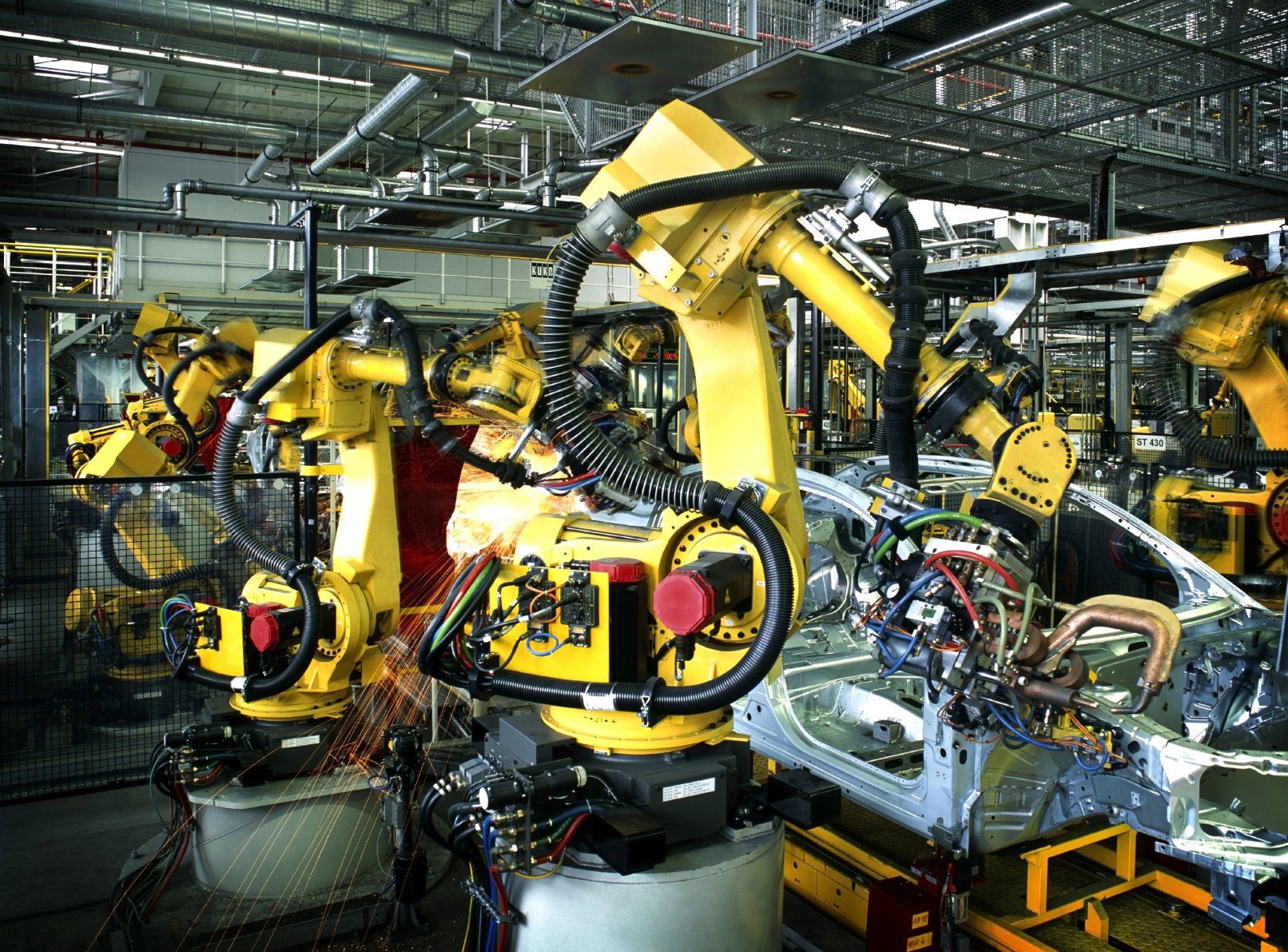Interview with Dr. Ajit Jaokar

“I think driving AI in an organisation needs a change in mindset – and new ideas often come from outside the organisation“
Dr. Ajit Jaokar
Omar Valdez-de-Leon: First, a little bit about you and your work in data science and AI
Ajit Jaokar: My work spans research, entrepreneurship and academia relating to applying AI for IoT and Bioinformatics. I am the course creator and lead tutor for the Data Science for IoT course at the University of Oxford. Here, we work with partners like Nvidia, Google, Microsoft, H2O and others to work on complex / interdisciplinary problems for IoT analytics. I am also Director of the Smart Cities Lab where we explore Artificial Intelligence/Deep Learning applications for Smart cities at the City Sciences program at the University of Madrid. Additionally , I am an adviser at Harvard Kennedy School on their AI initiative looking at the wider impact of AI in society overall.
“The lack of awareness of AI, as to where it can be applied, and the data are the key challenges”
Omar Valdez-de-Leon: Predictive analytics is a hot topic across industry sectors. What are some of the main challenges you see for enterprises to adopt AI?
Ajit Jaokar: In a strict sense, AI across enterprise is a spectrum, i.e. the same task can be done by using Machine Learning or other algorithms. So, AI needs a use case – which is unique for AI (e.g. in video sound complex sequences). AI also needs a lot more data – for deep learning algorithms. Thus, the lack of awareness of AI, as to where it can be applied, and the data are the key challenges. I also see the impact on jobs as a key, non-technical, challenge for AI. This is two-fold, the skills required to work with AI are still scarce but also as AI matures, many jobs are likely to be affected and, in some cases, disappear. This raises the question of how we, as a society, and businesses in particular, will tackle the re-skilling challenge.
Omar Valdez-de-Leon: How could industry leaders drive AI adoption within their organisations?
Ajit Jaokar: I think driving AI in an organization needs a change in mindset – and new ideas often come from outside the organisation. AI creates a significant barrier to entry i.e. it is a winner takes all game. Thus, the awareness to compete and invest at that level is key requirement. Most organizations will not transition well. I see a lot of disruption coming.
Omar Valdez-de-Leon: Finally, what is the next big thing in data science and AI for business applications?
Ajit Jaokar: There are three areas that I think will have a big impact. One of them is the Internet-of things (IoT). As some sticking points are ironed out (e.g. standardisation, security), the IoT is bound to explode. IoT will generate massive amounts of data related to things that we previously couldn’t measure on a continuous basis (e.g. vibration on an engine). This will make data science vital. And AI will benefit for all that training data that didn’t exist before. It will create a virtuous circle that will further the development of AI.
“IoT will generate massive amounts of data related to things that we previously couldn’t measure on a continuous basis (e.g. vibration on an engine). This will make data science vital. And AI will benefit for all that training data that didn’t exist before.”
Another area is new unsupervised learning techniques like generative adversarial networks (GANs) and Variational Autoencoders (VAs). These algorithms are being used to generate realistic images from historic data. As these techniques mature, we can think of algorithms being applied to enhanced computer vision application or industrial design supplementing 3D printing, for example.
Finally, I think we will see a lot of developments in AI for specific verticals, from more advanced chatbots and assistants through to algorithms that improve security in, for example, communications networks.
About Dr. Ajit Jaokar
Ajit’s work spans research, entrepreneurship and academia relating to artificial intelligence (AI), the internet of things (IoT), predictive analytics and mobility.
He works as a Data Scientist (fintech and IoT). He is also the Director of the newly founded AI/Deep Learning Labs for Future Cities at UPM (Universidad Politécnica de Madrid). Ajit is also currently the Research Data Scientist at a fintech firm in London.
Ajit publishes extensively on KDnuggets and Data Science Central and his book, Data Science for Internet of Things, is included as a course book at Stanford University.
He was recently included in top 16 influencers (Data Science Central), Top 100 blogs (KDnuggets), Top 50 (IoT central), No 19 among top 50 twitter IoT influencers (IoT Institute).
Ajit has been involved with various mobile, telecoms and IoT projects since 1999 including strategic analysis, development, research, consultancy and project management.
In 2009, he was nominated to the World Economic Forum’s ‘Future of the Internet’ council. In 2016 he was involved in a WEF council for systemic risk (IoT, drones etc.). He has worked with cities like Amsterdam and Liverpool on Smart City projects in mayoral level advisory roles. Ajit has been involved in IoT-based roles for the webinos project (Fp7 project). In May 2005 he founded the OpenGardens blog, which is widely respected in the industry. He has spoken at Mobile World Congress (4 times), CTIA, CEBIT, Web 2.0 expo, The European Parliament, Stanford University, MIT Sloan, Fraunhofer FOKUS; University of St Gallen. He has also been involved in transatlantic technology policy discussions.
